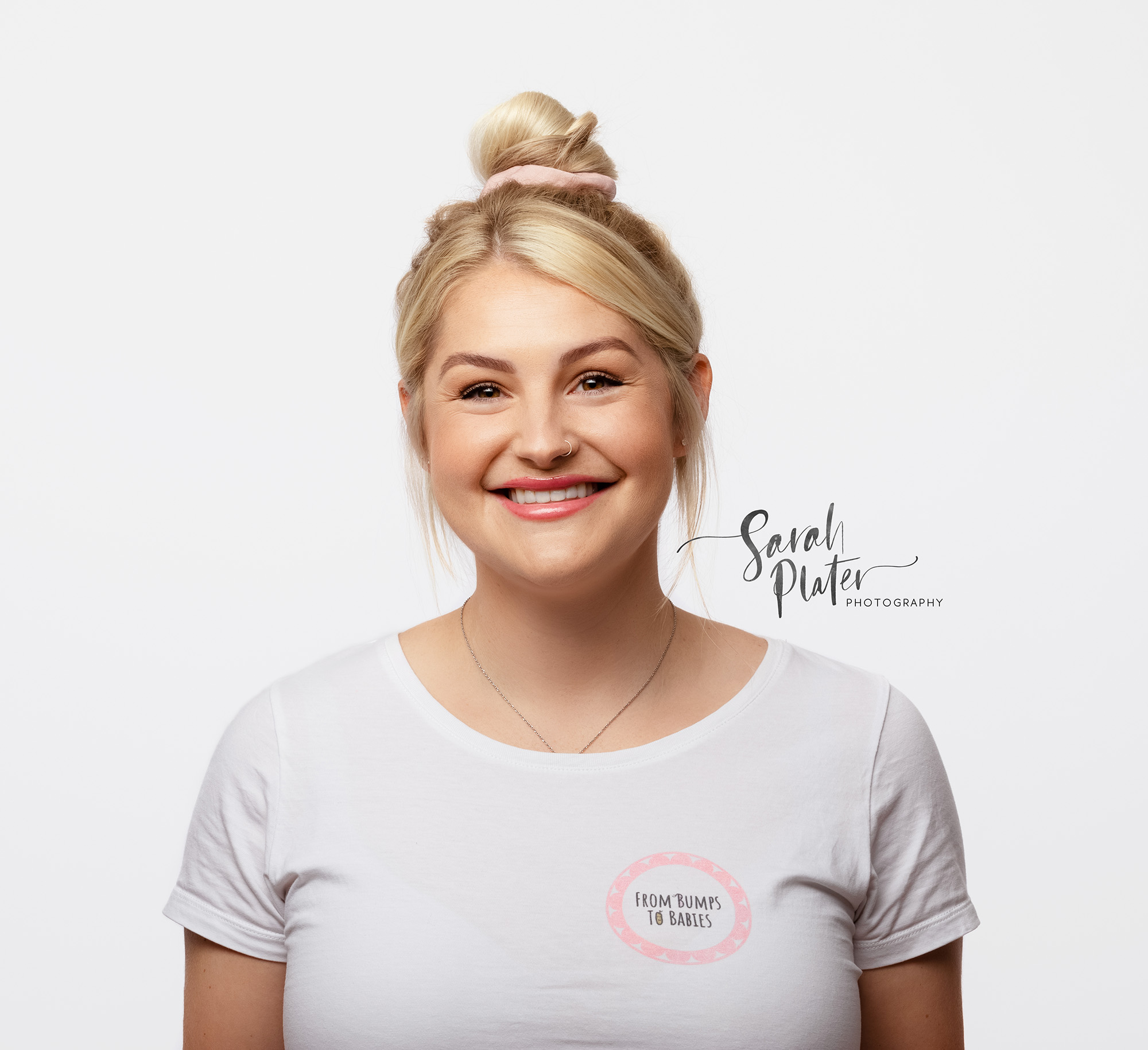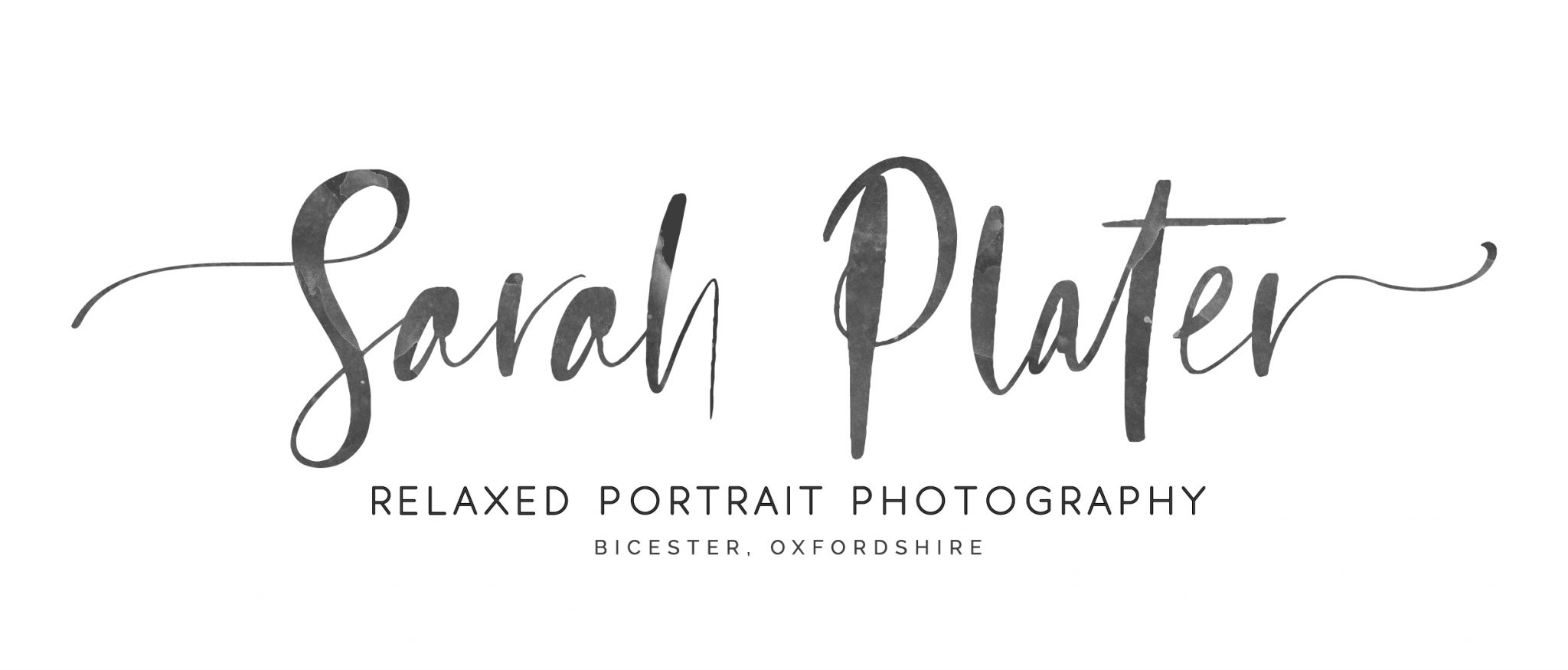Antenatal education in a COVID-19 world: Lily Foggan | From Bumps to Babies

For the new mums and dads graduating from Lily’s antenatal class of March 2020, becoming a parent was a unique experience.
The country had entered lockdown, and the very last session of the course was delivered online. Lily and her From Bumps to Babies attendees made the most of the opportunity to nose around each other’s houses and meet everyone’s pets through the online video platform.
Unfortunately, that was the first and also the least difficult of many changes to come.
Preparing for labour alone
Suddenly partners were no longer able to attend scans and hospital appointments. Their presence is important, and not just for emotional support: they help to absorb the information given, so both parties can process it together afterwards.
Then, dads were delayed from being present during their partner’s labour until the very end stages, and only permitted to stay for a short time afterwards.
Indeed, you can read how two of my newborn photography clients found the experience of heading home alone just after becoming fathers:
Missing out on new parent traditions
Once safely home, new parents were unable to show off or register their new arrival. In addition, they couldn’t benefit from the in-person support of friends and family as they settled into parenthood, meet others for coffees and playdates or proceed with their newborn photography sessions. Grandparents missed out on first cuddles, staring longingly through phone and tablet screens instead.
“New parents are grieving the loss of the experience they were supposed to have,” Lily acknowledges, “but it’s not all lost. Try to find ways to have those experiences as much as you can. Connect with other new parents online to share your experience. Meet in parks while maintaining social distancing. Keep going out with your baby and try to live as much of a normal life as possible. Don’t be too scared by what’s happened.”
Meet Lily and find out more about her and her antenatal courses with this short video:
Choosing a career
Lily was born in Birmingham. During her A Levels Lily’s parents encouraged her to apply to university. Not knowing what course to study, Lily spoke to her tutors who had said that the A Levels she’d chosen linked to a nursing and midwifery pathway. There were bursaries available for the course at the time, so she signed up at Sheffield University, not really knowing what she was letting herself in for.
18 years’ old and in at the deep end
Things were intense, and there were many points Lily felt like she couldn’t do it. Friends on other courses seemed to be out enjoying themselves all the time, while Lily had to study and train constantly just to keep up with the course. She was doing 50-hour weeks while working part-time in a restaurant, too. In addition, Lily was one of only five teenagers on her course; the rest were 30- and 40-year-old career-changers.
Nevertheless, within six weeks, Lily delivered her first baby on placement. A more experienced midwife held her hands on top of Lily’s as she guided a new baby out into the world. She can still remember how that felt, and what the mum looked like. Lily was just 18 years’ old at the time.
It was the first of many: she needed to deliver babies (and their placentas) in 40 vaginal births in order to complete the course. If a placenta didn’t follow, or a vaginal delivery switched to a C-section, it didn’t count.
Grafting her way to the top
People often underestimate Lily. Perhaps it’s her un-intimidating nature, how youthful she looks or how easy-go-lucky she comes across.
But she’s a grafter. Midway through her course, things started to fall into place. She was getting between 80 and 90% on each essay and top marks on placements. After three years of training, she graduated with first class honours.
She’s now added accrued an additional six years of experience within the NHS.
“I’m a community midwife,” she says, “and I look after the same women all the way through their pregnancy. That means we get to know each other and trust each other. If they have a hospital birth, I pick them back up afterwards by visiting them at home. If they chose to have their baby outside the hospital, I’m on call for when baby arrives.”
Unforgettable birth experiences
Lily recently helped deliver a woman’s third baby. Lily had been there for the previous two births as well, and they’d gotten to know each other well. The mum felt confident and comfortable with the process, and had opted for a pool birth at home. She and her husband worked together, disappearing into their own world, barely speaking but communicating just with touches and glances. It wasn’t until the last minute that the mum asked Lily to be right next to her. She and her husband lifted the baby out and, crying with emotion, laid baby on mum’s chest.
It’s moments like these that Lily will never forget.

Unprepared parents-to-be
Of course, not every birth goes so smoothly. Yet Lily found that new parents weren’t prepared for anything outside of their birth plan. There was a huge gap in their knowledge and this meant expectant parents often felt anxious and unable to make informed decisions over their antenatal care, birth and post-natal care.
Lily wanted to change that, arming parents with practical skills that will prepare them for all the challenges of parenthood, and giving them evidence-based information so they understand their options, no matter what might happen.
She decided to start offering antenatal education to parents-to-be in and around Bicester, Oxfordshire. Her business, From Bumps to Babies, was born.
“I want to prepare people properly,” she says, “so they have realistic expectations. I give them my professional and personal opinion, based on all the pregnancies and births I’ve experienced. People come on my courses so they can answer whatever questions are on their mind and get an honest answer – they often find that the rest of the group wanted to ask the same thing, too.”
More than an education
The social side is an added bonus. The four-week courses attract people from Bicester and the surrounding villages who may not know anyone who is expecting a baby at the same time. By joining one of Lily’s courses, they form quick bonds with other new parents. They go for social drinks after each evening class, meet up throughout pregnancy, have play dates together once their babies have arrived, and have even hosted shared birthday celebrations a year later.
It’s working. Parents who’ve attended her courses show lower incidences of anxiety and depression and report feeling more confident and empowered. Attendees have above average rates for both vaginal births and breastfeeding, too.
“They tell me that there’s no way they could’ve done it without the course,” Lily says, “I respond that they did everything themselves, and I can’t take the credit for any of that. But by giving people the space to answer questions they’re scared of asking, and time to delve deeper into what to expect, they feel more prepared and ready for what’s ahead.
“With my classes, I become more than a midwife. I’m a doula, mum, friend and support network all rolled into one. I can make people feel safe and happy.”
Restarting in-person courses
Lily hopes to return to socially distanced face-to-face classes this September, and will be running around one course once per month.
“If you feel like you are not getting the time you need to discuss what’s on your mind at your midwife or hospital appointments, my course gives you that,” she says, “We spend a long time together before baby’s arrival and then I’m here to support you every step of the way as baby arrives and for the following six weeks. Best of all, I’m still in touch with mums and dads from my first courses two years ago.”
The eight-hour courses take place on Monday evenings, 7-9pm over four weeks, at a venue on the Kingsmere estate, Bicester. The course costs £200, which also includes refreshments, e-books written by Lily to support the course content and access to Lily’s support via email and text right through to the post-natal period until baby is six weeks’ old. The fee includes two people, so expectant mums can bring a partner, friend or family member.
The content covers practical skills, such as feeding and nappy changing, but also mental health topics, too. For example, how the partner can support mum-to-be through each stage and how to know what’s normal, including in relation to mood and post-natal depression, so new parents know when and how to get help if they need it.
Where to find out more and book a course
For more information, the best place to find and connect with Lily is on Instagram, where you can find her under @frombumpstobabies. She posts regular helpful content and you can message her directly through the platform, too.
Alternatively, email Lily via [email protected] or head to her website to read reviews from her previous courses.
Written by Sarah Plater LMPA. Sarah is an award-winning, qualified, certified professional newborn and family portrait photographer based in Bicester, Oxfordshire. She is the Master Photographers Association Newborn Photographer of the Year 2019 for the Central Region (covering Oxfordshire, Northamptonshire, Cambridgeshire, Bedfordshire, Buckinghamshire and Hertfordshire).
Related Posts
Maternity photoshoot with Ella & Andrew
Andrew and Ella had agreed not to buy each other Christmas gifts in 2023. They…
Maternity photoshoot with Leeanne & Noble
January 2024 Update: Three images from this session scooped awards at the MPA International Awards…



